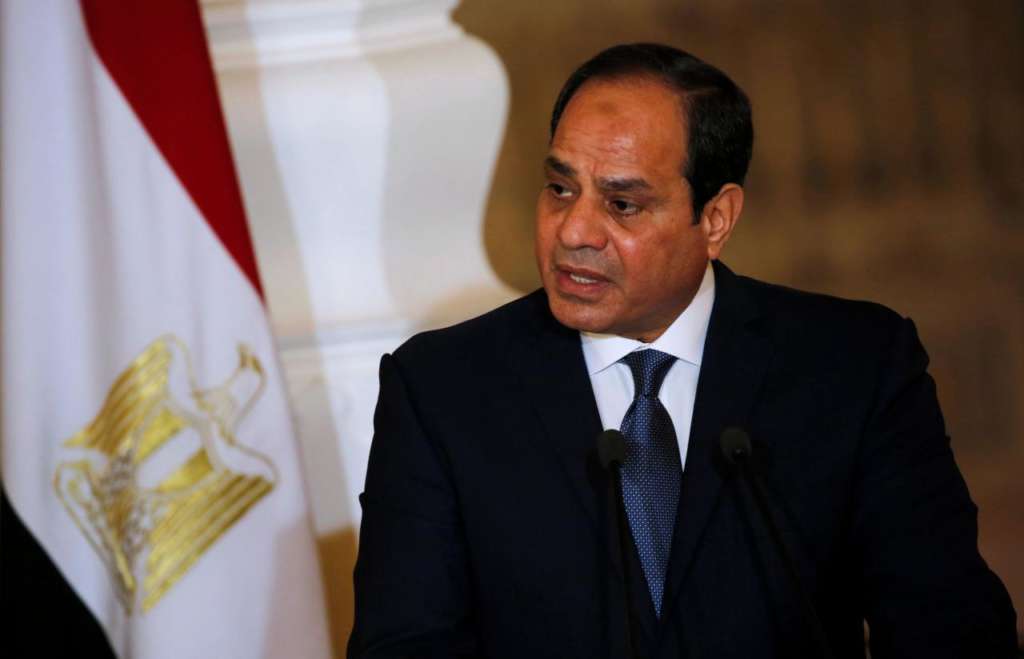Cairo– Egyptian President Abdel Fattah el-Sisi has issued an order extending the state of emergency for another three months, starting Friday.
The decision, which was published in the Official Gazette on Thursday, stated: “The armed and police forces shall take the necessary measures to confront the dangers of terrorism and its financing, to maintain security throughout the country, to preserve public and private property and to protect the lives of citizens.”
Egypt first imposed the state of emergency in April after two church bombings killed at least 45 people. It was then extended in July for a further three months.
Constitutional Jurist Rajai Attieh, member of the National Council for Combating Terrorism and Extremism, told Asharq al-Awsat that Thursday’s decision was a new announcement of the state of emergency, not an extension of the previous one, in compliance with a constitutional provision that prevents the extension of an emergency state more than once, but allows the President to re-declare emergency state after the expiry of the extension period.
According to the Egyptian Constitution, the declaration of a state of emergency for a specified period shall not exceed three months, and shall be extended only one time for a similar period, after the approval of two-thirds of the members of Parliament.
Attieh stressed that Egypt was facing a real war and was fighting foreign and local terrorist elements not only in the Sinai but also in Cairo, the Delta and all Egyptian governorates.
He noted in this regard that the war on terrorism was a strong reason to declare a state of emergency, which is “indisputably necessary to secure Egyptian national security.”
Egypt has been witnessing sporadic terrorist acts, especially in northern Sinai. Those have increased over the past four years, following the ousting of former president Mohammed Morsi in 2013, who belongs to the “banned” Muslim Brotherhood organization.
